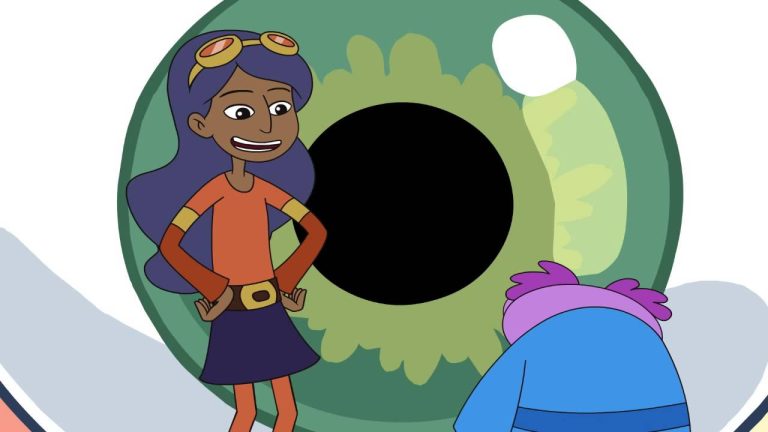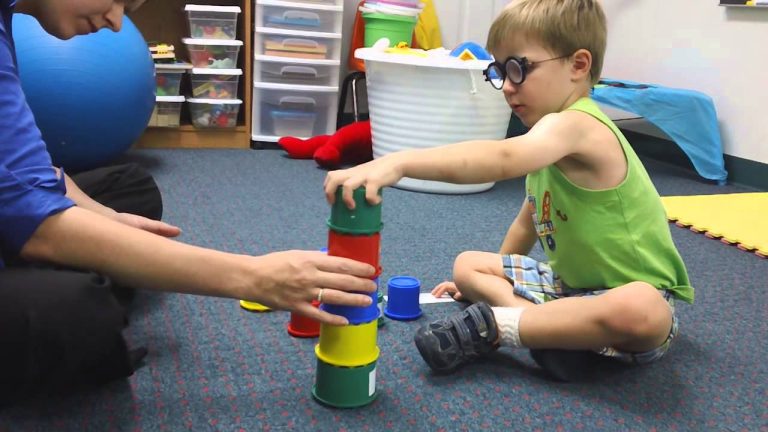5 Reasons Why Regular Eye Exams for Children Are Crucial for Optimal Vision Health
The health of children’s eyes is of utmost importance, and regular eye exams play a vital role in ensuring their eye health. Many eye conditions can be detected early on during eye exams, which can be treated effectively with proper intervention.
That’s why it’s recommended that children have their eyes checked at specific ages and intervals. The American Optometric Association (AOA) suggests that babies receive their first comprehensive eye exam between 6 to 12 months of age, at least once between ages 3 and 5 years old, and annually thereafter. If there is any sign of an eye problem or a family history of eye disease or vision problems, children should have more frequent eye exams.
Why do children need eye exams?
The vision system is critical for a child’s learning, development, and overall wellbeing. Undetected vision problems can lead to learning difficulties, developmental delays, and behavioral issues.
Children who have uncorrected vision problems may struggle with reading, writing, and comprehension. Over time, untreated vision problems may affect a child’s academic performance and learning potential.
Moreover, some common eye conditions do not have obvious symptoms that a parent can notice. For example, children with amblyopia or lazy eye condition may not realize that their vision is not normal. Hence, it requires a comprehensive eye exam to detect such problems.
What happens during children’s eye exams?
A comprehensive eye exam is performed by an optometrist or an ophthalmologist to evaluate the child’s vision and eye health. The exam typically includes:
- A review of the child’s medical history and any family history of eye disease
- Visual acuity test to check for nearsightedness, farsightedness, and astigmatism
- Eye alignment and movement tests to check for strabismus or amblyopia
- Eye pressure measurement to screen for glaucoma
- Examination of the interior and exterior of the eyes to detect any abnormalities, such as cataracts, retinal problems, or tumors
Conclusion
Eye exams for children are crucial to maintaining their overall health and well-being. Early detection and intervention of any eye condition can make a significant difference in the child’s life. Therefore, parents should prioritize scheduling regular eye exams for their children, starting from an early age, and make sure they work with an experienced eye care professional to ensure their child gets the best care possible.
Most wanted in Hoya Vision:
What are prism eyeglass lenses?
Hoya Lens Engravings
What brand lenses does Costco use?
What does +0.25 mean on an eye test?
Do tinted glasses help with migraines?
Hoya Identification Chart
Should eyeglasses cover eyebrows?
What LED light is best for broken capillaries?
What is the difference between Ray Ban RB and Rx?
Does hyperopia worsen with age?















